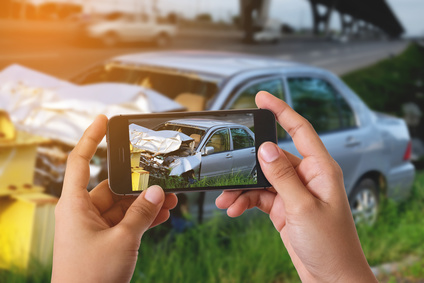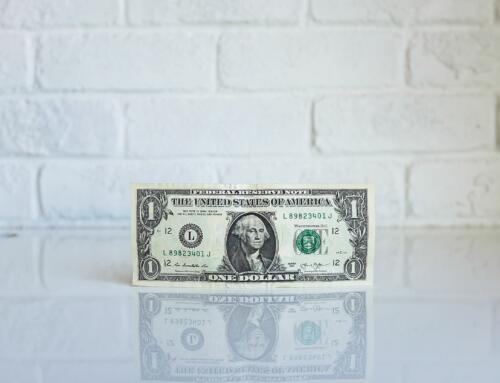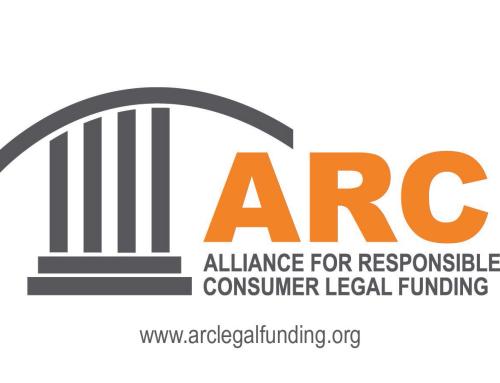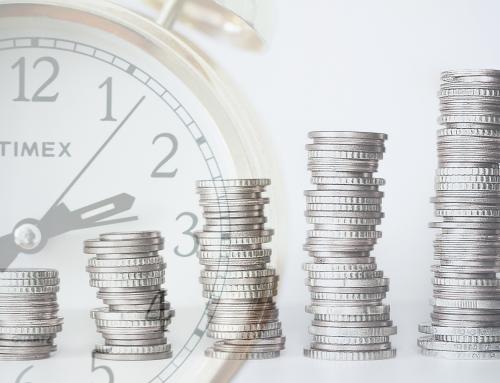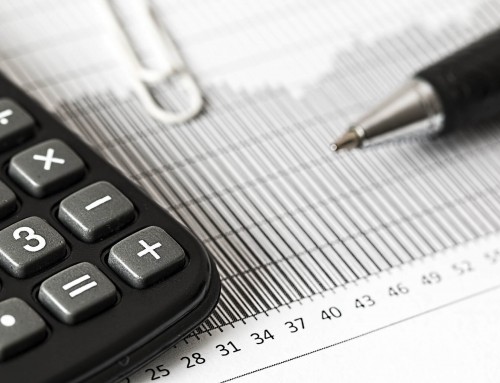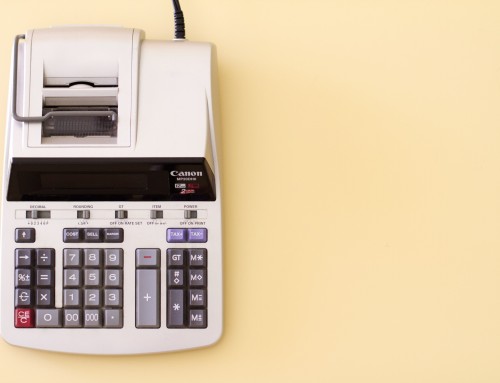Statistics show that some 95% of car accidents are due to driver error, and consequently, liability is an issue that comes up in nearly every car crash. If you were not the one to blame for your accident, then who was?
Unfortunately, when it comes to liability, it is not always a singularly defined issue. Various types of liability can result in a variety of liable parties, as well as how one needs to proceed in court. It is important to understand the different types of liability and how they can impact your lawsuit if you have been injured in an accident.
Strict Liability
Just as the title suggests, strict liability, once established, proves that a person is to blame for the wrong, or in the case of a car accident, that he or she is the party responsible for the crash. In terms of strict liability and car accidents, you will not have to prove that the driver intended to cause an injury, but rather that he or she was negligent in his or her actions. For example, if a driver was speeding and that is deemed to be the cause of the accident, strict liability may apply because even though the person did not mean to cause the accident, he or she was still speeding, and it resulted in a crash.
This same standard can apply to defective products. For example, a manufacturer may have created a defective car part, which malfunctioned and caused an accident. In this case, the manufacturer will likely be found strictly liable.
Vicarious Liability
In most situations, you are responsible for your own actions, however, that is not always the case when it comes to insurance laws. This is due to vicarious liability. For example, you are in an accident and the other driver ran a red light. It was later discovered that the driver was not driving his or her own vehicle, but the car of a friend. Even though this friend was not behind the wheel at the time of the accident, insurance law says that whoever owns the vehicle is ultimately the person at fault. This is where vicarious liability comes into play.
Vicarious liability means that someone other than the person who actually caused the accident, could be responsible for the injuries and damages incurred. Vicarious liability can also get murky when state laws are taken into consideration. In some states, the person behind the wheel as well as the owner of the vehicle can both be liable in a crash.
What Does This All Mean?
So, why exactly is it important to know the different types of liability in an accident? The main reason is that this difference can dictate how your lawsuit will be prosecuted. In short, just because one party is considered liable for your injuries or damages does not mean that the party will ultimately be paying for the damages.
Contact an Expert Today
If you have questions about who could be liable for paying for your damages and how a pre-settlement payment could help you with your expenses, contact us today at Capital Financing and let us help you understand your options.

